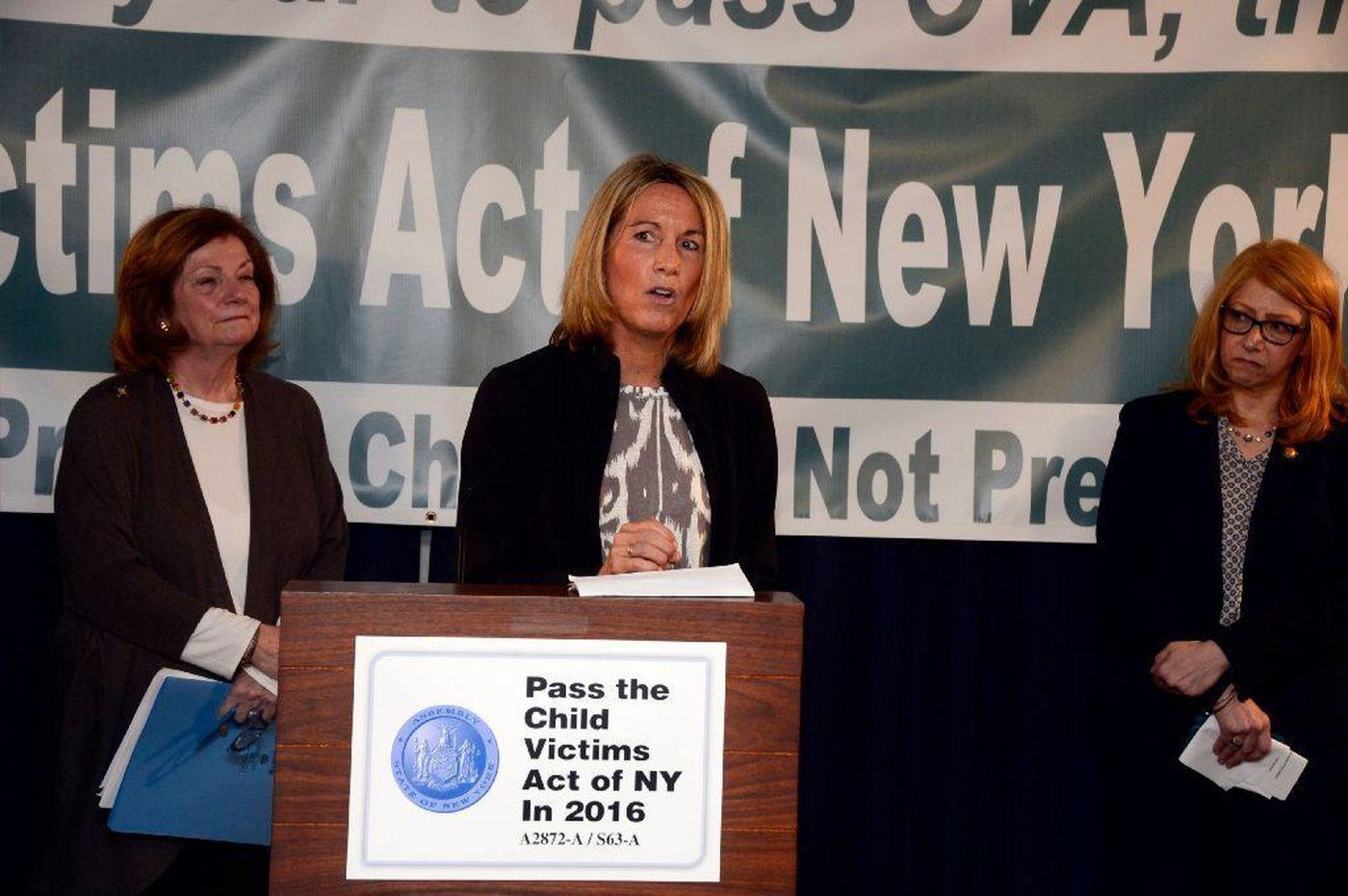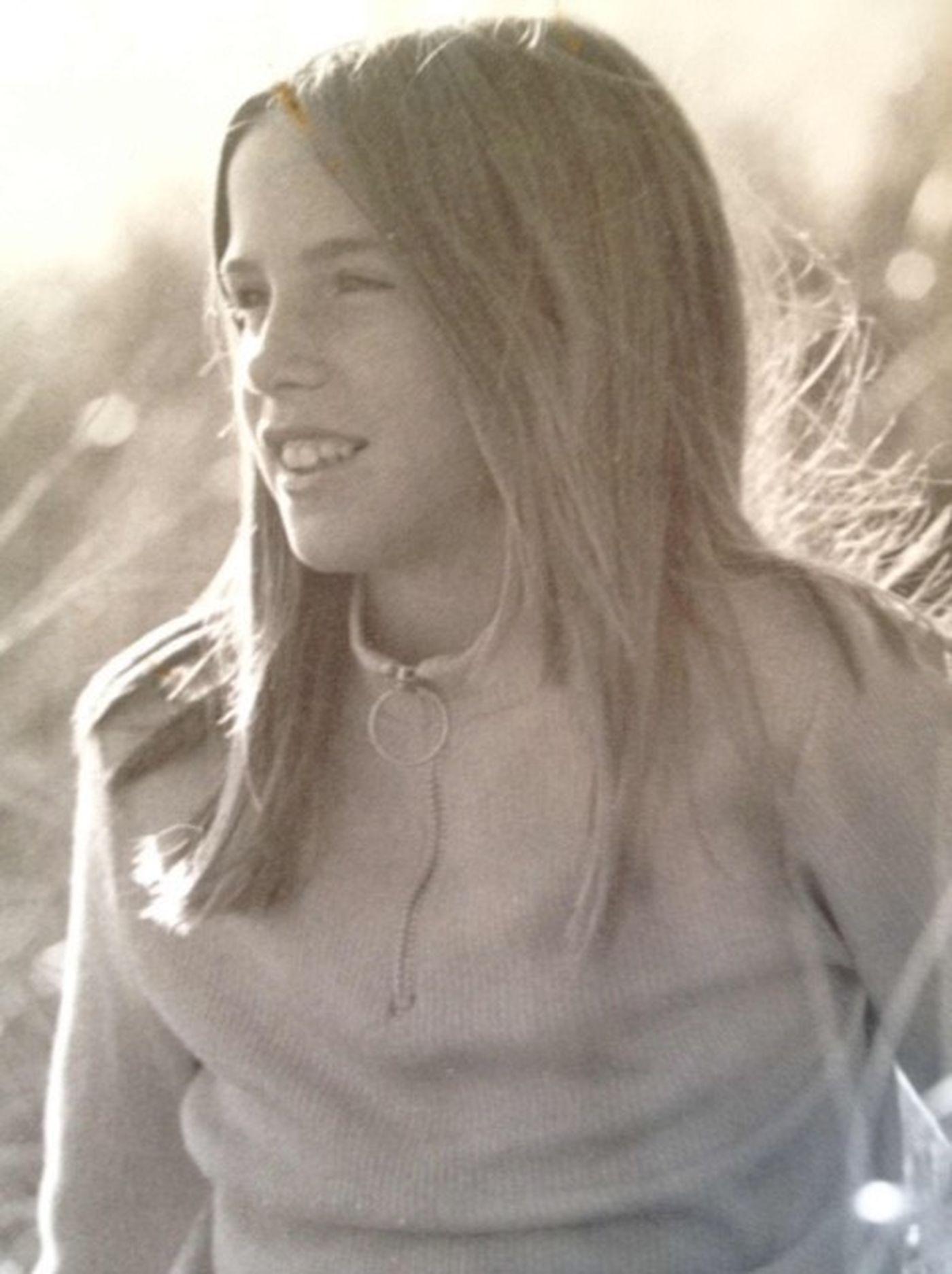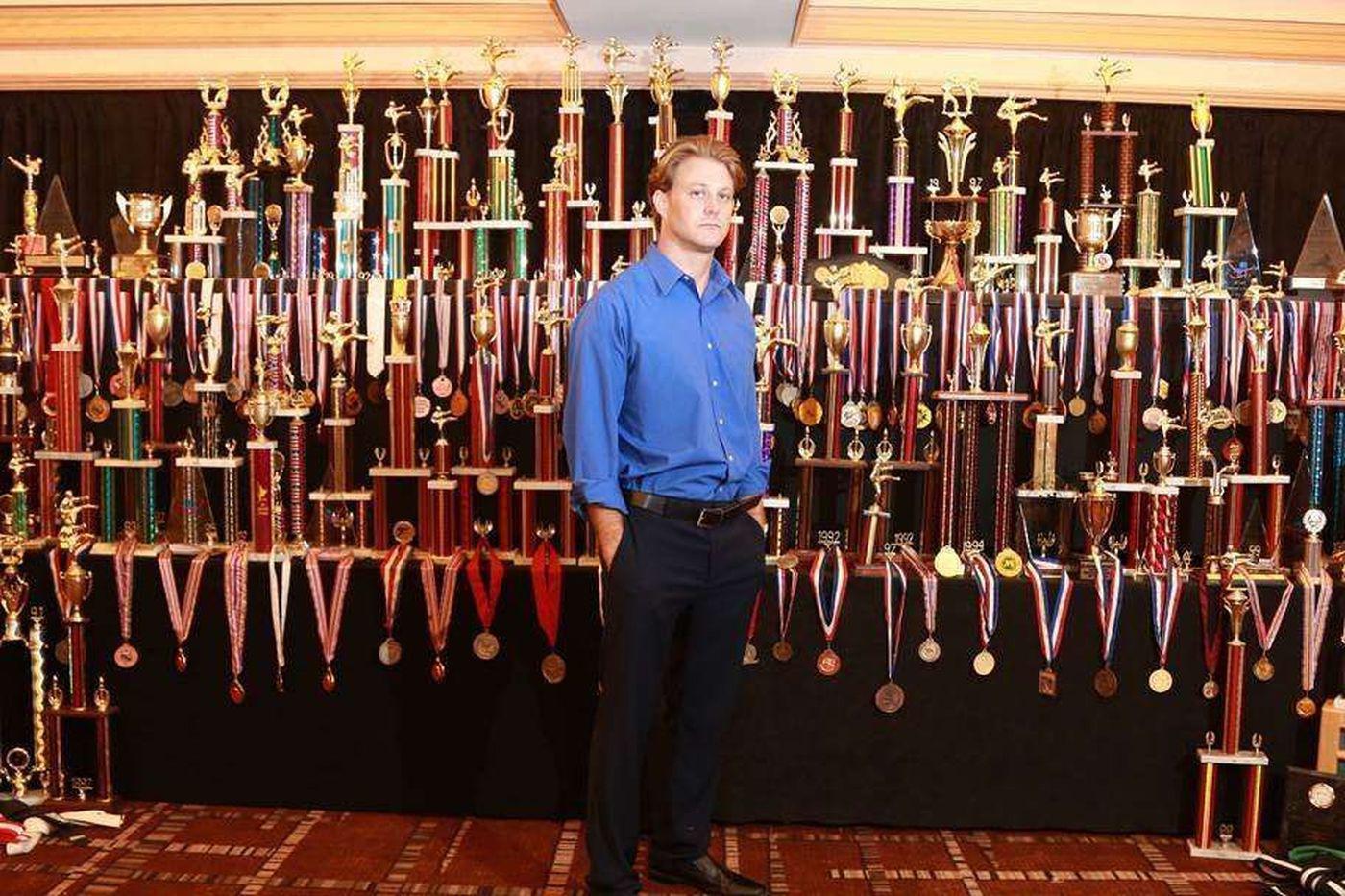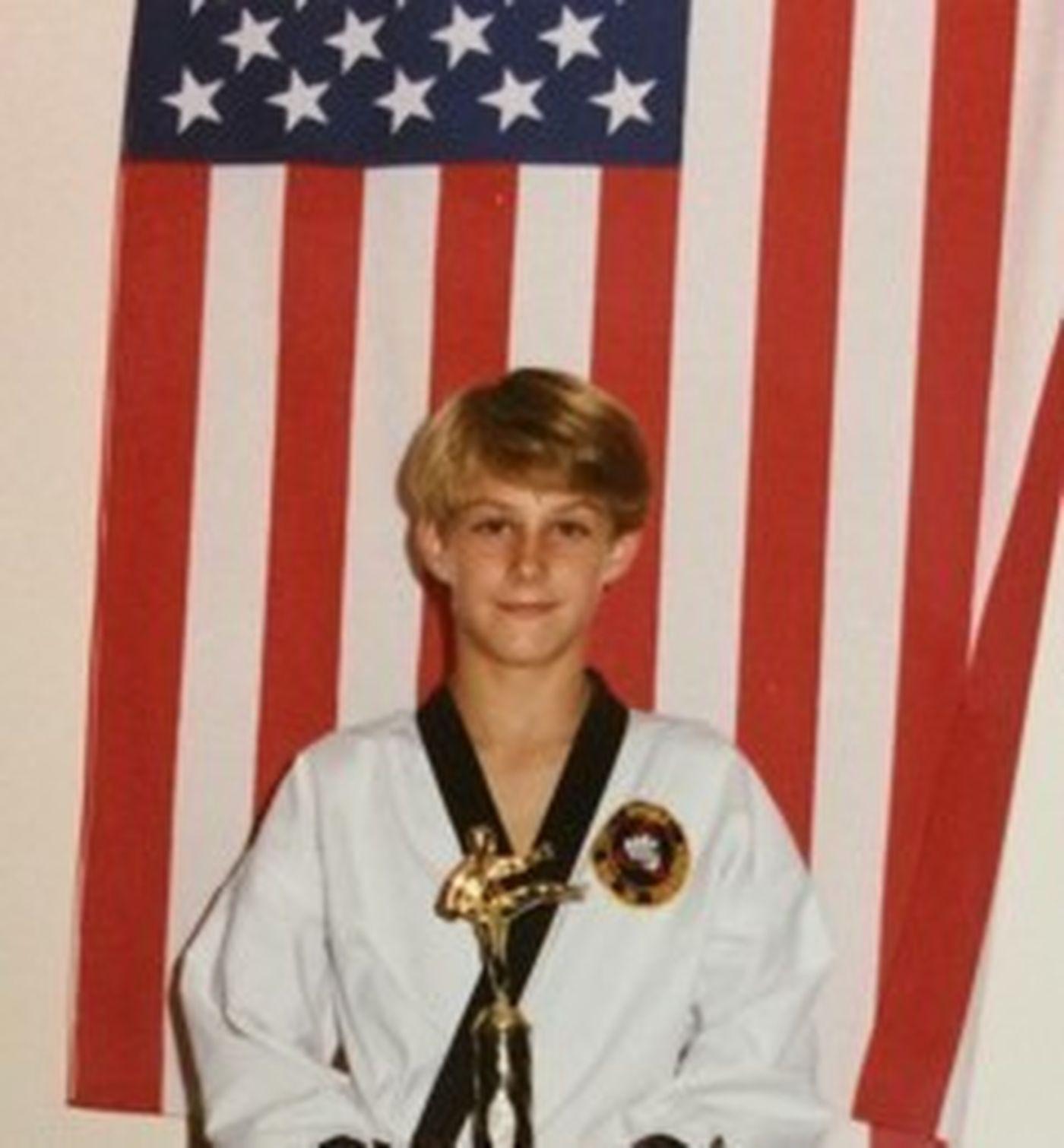|
Pennsylvania grand jury report reopens old wounds for sex abuse victims with no paths to justice
By Megan Cerullo
The night after Pennsylvania authorities released a report on clergy sex abuse last month, Kathryn Robb says her abuser crept into her dreams. Robb, 58, has accused her eldest brother, George, of sexually abusing her in their family’s Long Island homes for years beginning when she was about 9 years old. “It was the first time I had a dream about him in a long time,” she told the Daily News. “I dreamed he came into my house and I said, ‘You can’t be here.’ He just walked in and I couldn’t get him to leave,” she recalled. George, a former Wall Street mogul once married to supermodel Veronica Webb, did not return requests for comment from the Daily News. Robb’s nightmare reflects the reality for far too many sex abuse victims. Recent reports about clergy members accused of committing heinous acts against children have ripped open old wounds for survivors, whose predators within and outside the church won’t be prosecuted, and who might never see justice because statutes of limitations have expired. The Pennsylvania Grand Jury report identifies more than 300 priests accused of sexually abusing at least 1,000 victims. Attorneys general of Illinois, Missouri, Nebraska, New Mexico, New York and New Jersey have since announced their own investigations into clergy sex abuse. Robb came forward when she was in her late forties, about 25 years after her statute of limitations expired when she turned 21. For more than a decade, she has fought tirelessly to eliminate the civil and criminal statute of limitations for victims of child sex abuse. “I always come back to the same question: Why do we have laws that reward sexual predators for the silence and shame they cause in their victims? It’s absolutely backward and complete injustice,” she said. This sentiment is common among victims who have for many turbulent decades struggled to come to terms with the abuse they endured as innocent children. As adults, often times, they see little recourse. “It feels like being laid open like a gutted fish in front of the national media and then locally having to deal with that in every facet of my life,” said Justin Conway, who says he was sexually abused by his karate coach, Warren Craig Peeples, as a young teenager. Conway, 40, along with six other men, have accused Peeples of abusing them at Pak’s Karate in Kingsland, Ga. The abuse began in 1990, when he was 13, and lasted for about three years, Conway said. The Georgia Bureau of Investigation in 2014 determined there was sufficient evidence to prosecute Peeples for acts involving multiple victims. But the state, hamstrung by the statute of limitations, was barred from proceeding. “You summon the courage to come forward and do the right thing to protect others, and nothing happens. I think that’s what victims really struggle with right now,” Conway said. “It feels like there is some vindication in terms of someone believes me, however there is still no shot at justice,” he added. Peeples, who continues to run the karate studio where the alleged abuse took place, adamantly denies the allegations against him. “He has severe problems,” Peeples said of Conway when contacted Friday. In 2015, seven men, including Conway, filed a civil lawsuit against Peeples through the now-expired Georgia Hidden Predator Act, which provides a window that allows victims to make retroactive claims for childhood sexual abuse. The suit is in process and the case is expected to go to trial in the spring of 2019. The release of the Grand Jury report in Pennsylvania is the first of many steps in an arduous journey to justice for countless survivors of childhood sexual abuse by Catholic priests, coaches, family members and other predators. But in naming predators who cannot be prosecuted, the report highlights that in many cases, avenues of justice simply don’t exist. Advocates are working tirelessly to change that reality. This includes eliminating victims’ criminal and civil statutes of limitations and giving survivors whose SOLs have expired a “lookback window” that suspends the statute of limitations for a period of time. “When we open and revise the expired statute of limitations, the harm that has been done to victims is shifted from them over to the ones that caused it,” said Marci Hamilton, who founded and serves as the CEO of the nonprofit CHILD USA. Not only is disclosure insufficient, it can have calamitous consequences for those who come forward to report abuse. “The best-case scenario for victims in the current report is that they feel the support of society in coming forward. But disclosure is not justice. Disclosure can be stressful, it can be difficult, it causes you to reorganize your relationships with your friends and family because there is new information. So for the victim, disclosure alone can sometimes be very painful,” Hamilton said. Still, there is value in naming alleged predators, and survivors say they are glad that they’ve come forward, even if doing so has adversely affected their lives. “It ended my marriage and ruined my life,” Conway said of telling his story publicly. “But I had no choice. I would do it one thousand times over.” Conway said he will continue fighting for legislation that allows victims to seek justice. “I need a legal window that I can use to try and reclaim my childhood,” he said.
|
.
Any original material on these pages is copyright © BishopAccountability.org 2004. Reproduce freely with attribution.



